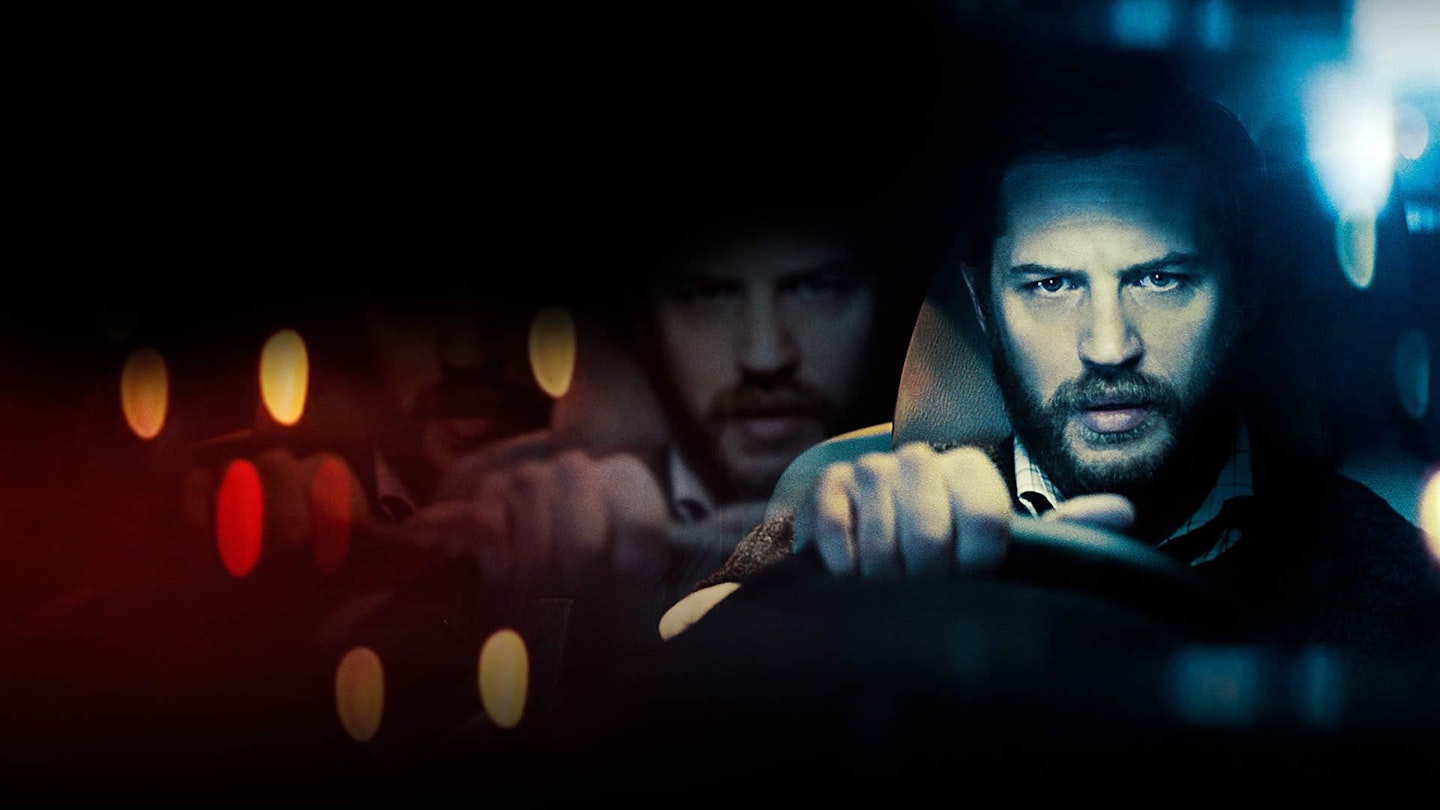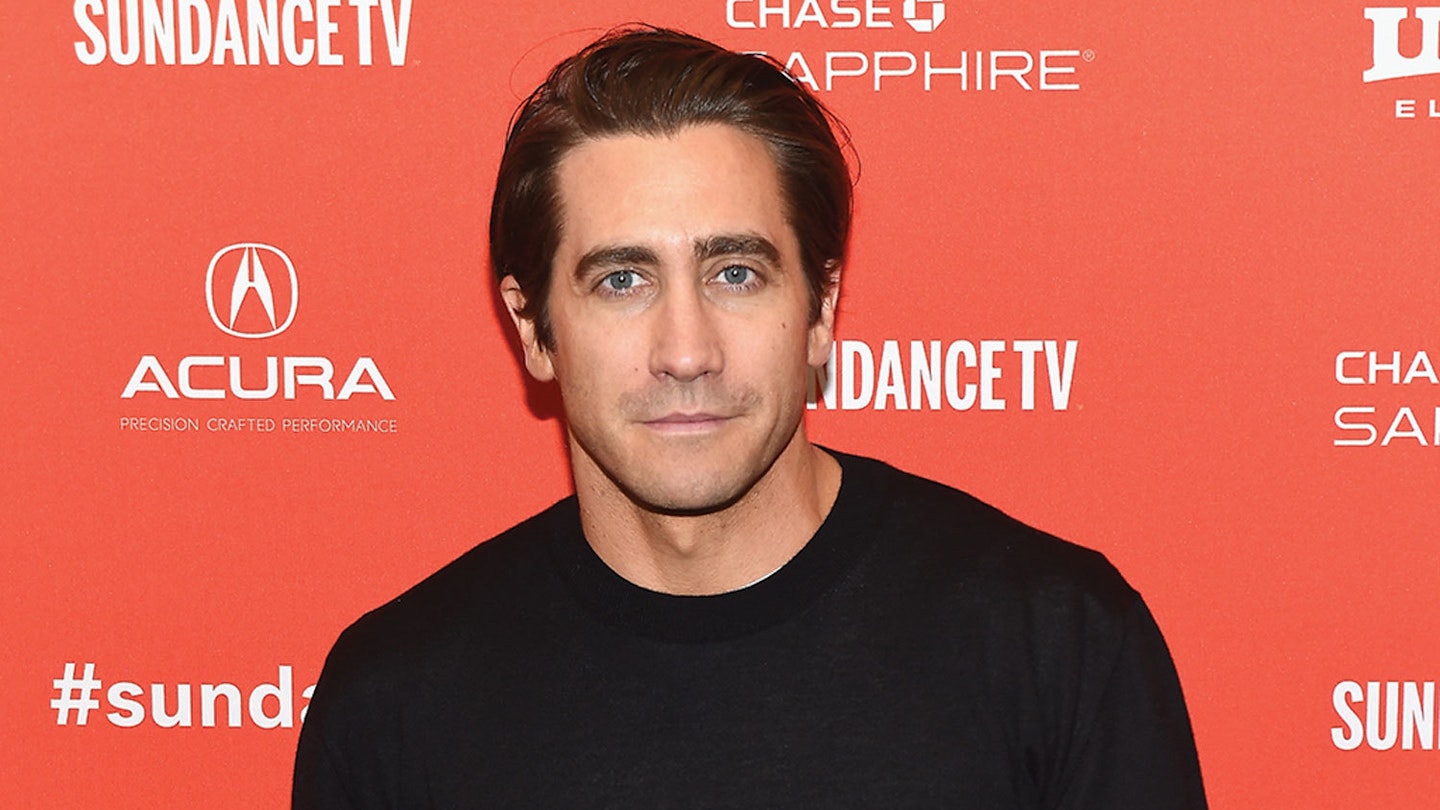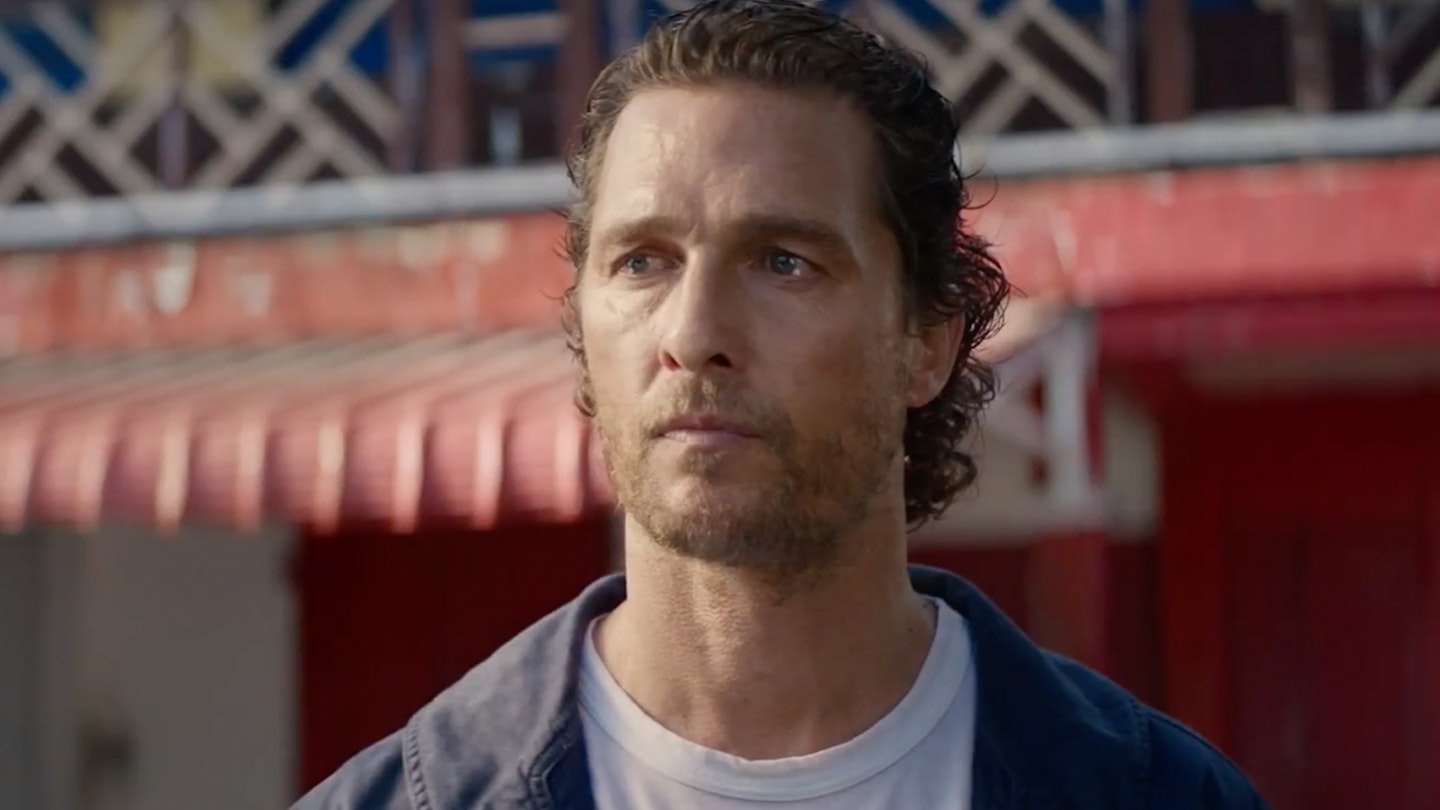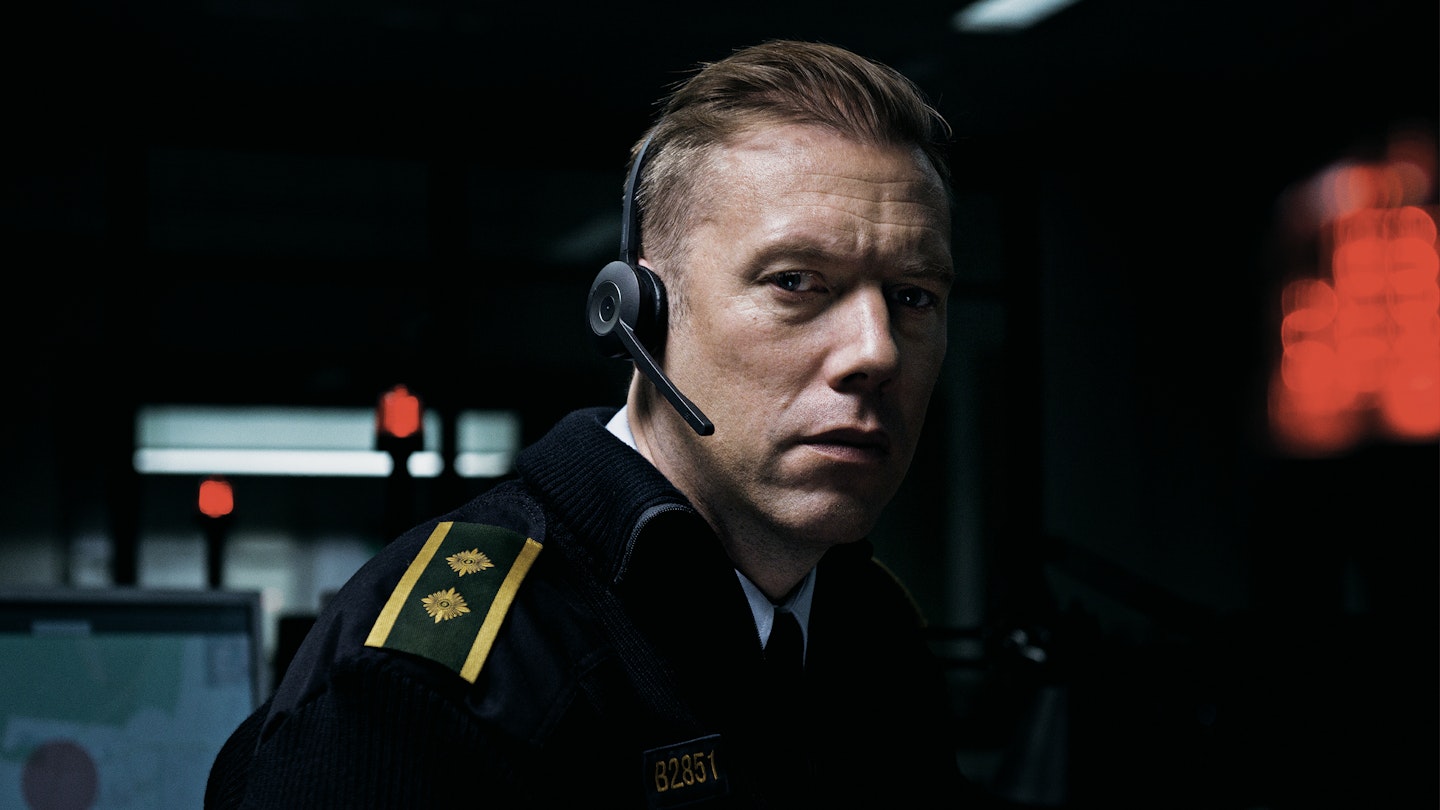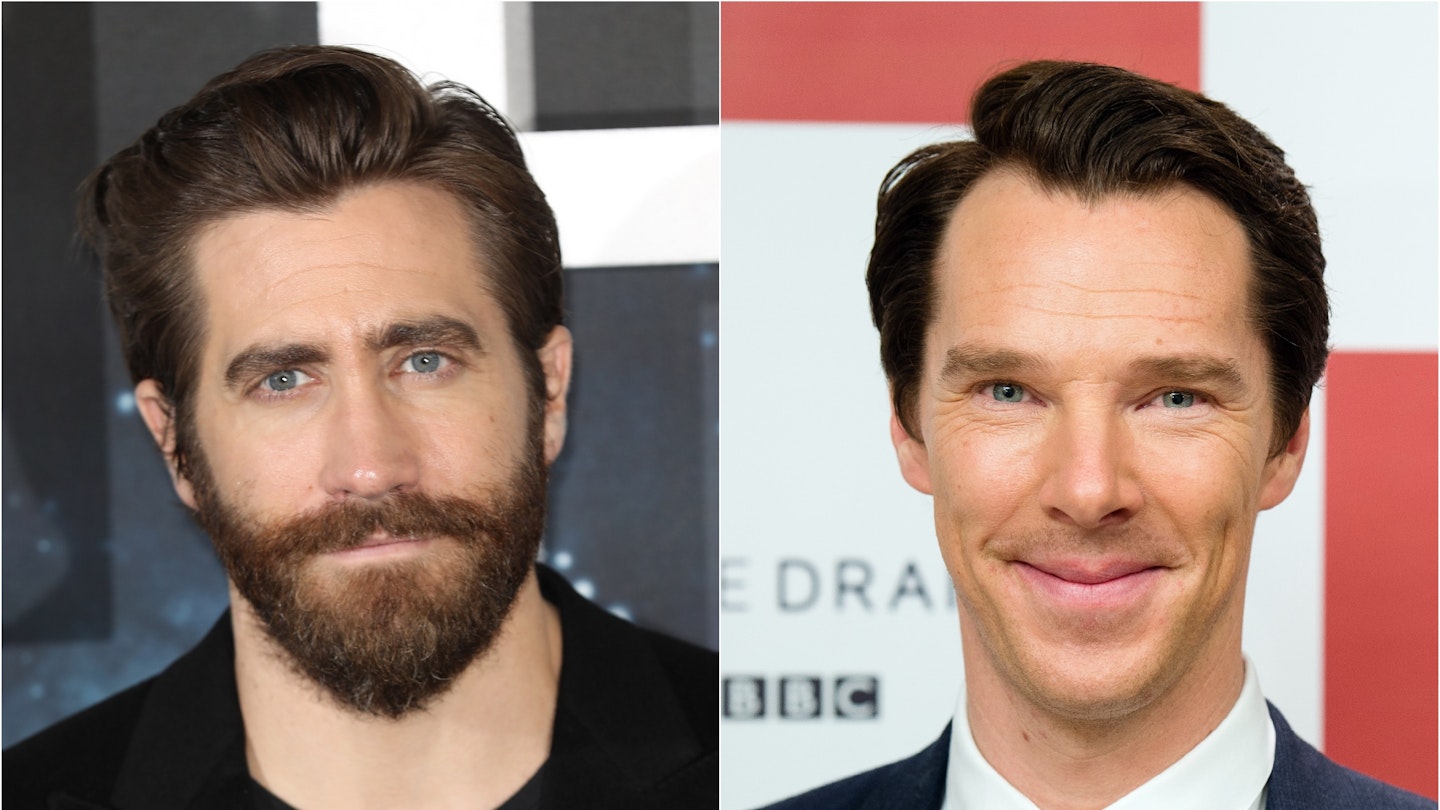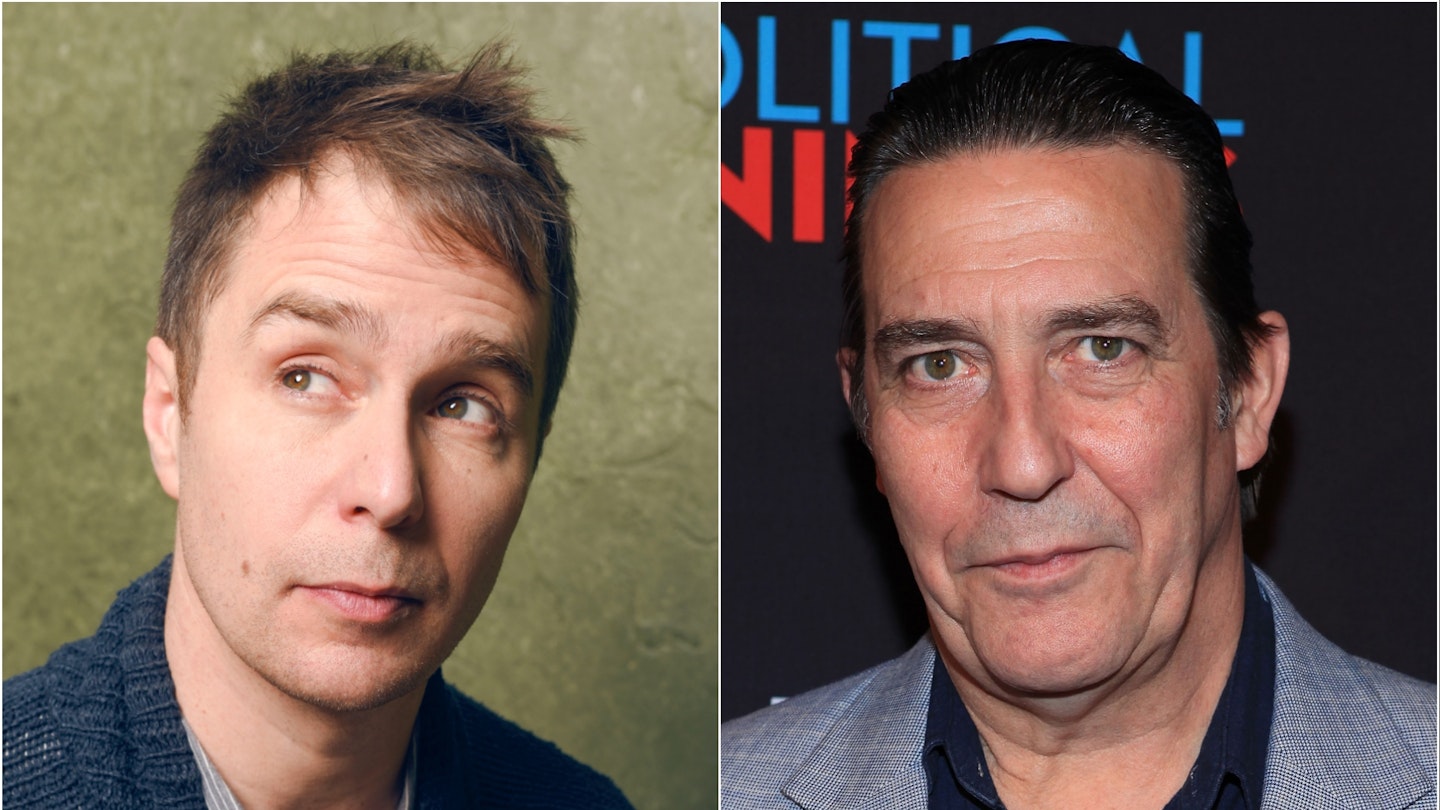The film you think of when you hear the description “Tom Hardy on his own in a car for 90 minutes” is almost certainly not what this is. That synopsis conjures images of a thriller, lots of noisy chasing, perhaps a heist gone wrong, and almost definitely somebody at some point being called a slag. None of that happens. Actually, someone is called a slag, but in slightly different words and with different intent. And if this is to some degree a thriller, insofar as a man’s entire life as he knows it is in the balance, it is a thriller of whispers and terrible silences, of inaction rather than action. Its biggest set-piece involves dropping a folder.
Hardy is Ivan, a construction worker (also unaccountably and a little distractingly Welsh), who leaves a building site the night before a huge project as a valued worker and beloved family man. He then locks himself in his car and drives through the night, during which time his career, wife and two sons will gradually slip away from him. Or rather he will gradually push them away as he unburdens his conscience over a series of phone calls and heads toward the biggest mistake of his life.
Steven Knight’s first film as director was the dreadful Hummingbird, a movie that fudged an interesting idea (Jason Statham as a damaged, homeless soldier) with a complete lack of subtlety and a slow slip onto the rails of near-enough every other Jason Statham film. Locke is very exposing for a director and Knight shows himself to be now in need of nothing to hide behind. He has to fill a screen for just shy of an hour-and-a-half with just one man. One way he keeps this from being as visually drab as a test drive up the M6 is by setting the film in the latest hours of the night. The bright city lights and abstract reflections play across the frame, but nothing ever touches the isolated, muffled little confessional that is Ivan’s world for tonight. The darkness just makes Ivan more alone.
The only member of the cast on screen is Hardy, but plenty more are heard. Everyone else in Ivan’s life comes in via telephone and you feel the presence of every one without needing to see them, thanks to a superlative voice cast: Olivia Colman, Sherlock’s Andrew Scott, Ruth Wilson, Alice Lowe, even Tom Holland (The Impossible) and Bill Milner (Son Of Rambow) in tiny roles as Ivan’s sons. That’s a phenomenal cast who all put in full performances in what amount to minutes of screen…well, speaker time. The only conversations that ring false are Ivan’s imagined ones with his dead dad. They seem born of a worry that the story needed more drama. It didn’t.
Hardy is riveting but economical. As he’s climbed to become one of the more daring of blockbuster stars, it’s easy to forget what a powerful actor he can be without any extra scenery. With his voice rarely rising higher than a whisper, which only serves to pull you closer into the film, he conveys the resignation, fear and confusion of a man who knows there’s no happiness for him once his journey ends. Ivan has made one stupid choice that ruined his life, but he’s made another that, though morally right, will ruin everyone’s. He’s both the hero and villain of his own story. He sort of has to be. He’s the only one there.
